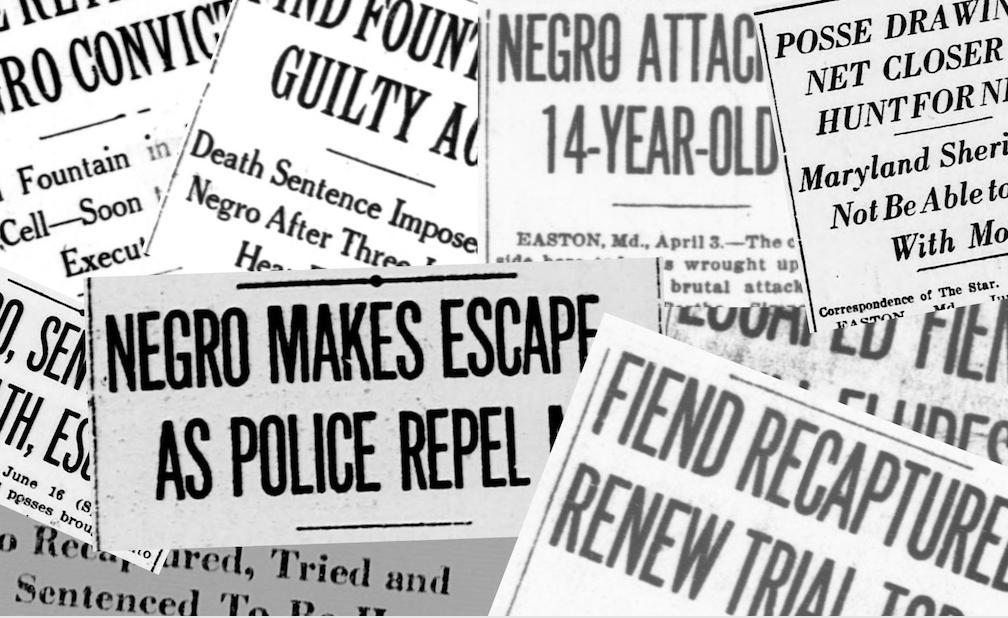Accused of sexually assaulting a 13-year-old white girl in 1919, African American Isaiah Fountain’s appeals trial ended with a guilty verdict and his subsequent execution in Easton.
The problem is, testimony by three white men—one by Easton’s Chief of Police—placed Fountain at a different place during the time of the crime. That evidence, and other contradictory testimony heard by a three-judge panel in Baltimore, led local author Joseph Koper on a two-year mission to find out more about this tragic and widely unknown incident in Eastern Shore history.
It was Sherrilyn A. Ifill’s On the Courthouse Lawn: Confronting the Legacy of Lynching in the 21st Century brief mention of Isaiah Fountain that first sparked Koper’s interest in the case. Sleuthing through Easton Library, Maryland State archives, and national newspapers, the first-time author assembled a timeline of Fountain’s life from arrest and two trials to his execution.
This is not to say that much of the story has been not mentioned before. Two former editors of Kent County News Dan Davillo and Kevin Hemstock, both local history buffs, wrote about the Fountain case, but with Joseph Koper’s The Isaiah Fountain Case: Outrage and Jim Crow Justice on Maryland’s Eastern Shore, we find the first book-length account of incident that ended the life of Maryland man under a cloud of prejudice and judicial mismanagement during the Jim Crow era of racial injustice and lynching.
The Spy recently interviewed Joseph Koper to talk about his book published by Secant Publishing in Salisbury. The author invites everyone to his book launch at 6:30 Monday September 12 at Talbot County Free Library in Easton.
This video is approximately six minutes in length. The book may be ordered here.



Barbara Rein says
Thank you, Mr. Koper, for your interest, study and book of the Isaiah Fountain case. Learning the truths of our past is a starting point in the collective understanding of our histories as well as the personal and institutional impacts as they occurred and going forward.